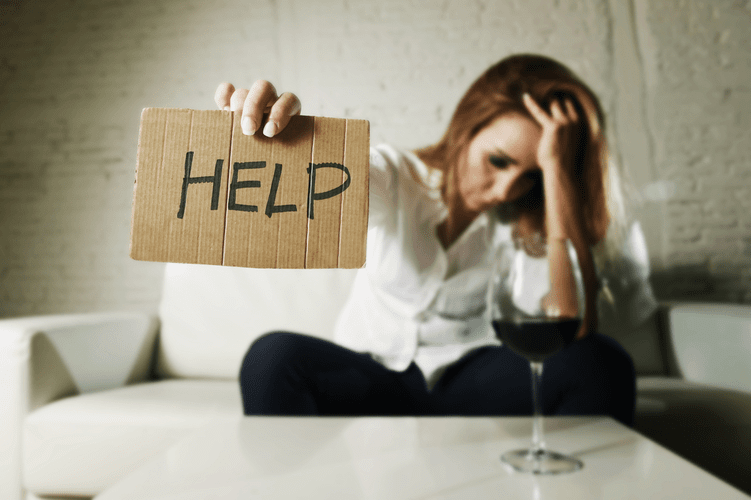Accept the fact that we live in an imperfect world and that people make mistakes. Free yourself from negative energy healthy ways to cope with stress by forgiving and moving on. If you get upset over religion or politics, cross them off your conversation list.

A simple routine can help lower your cortisol levels, blood pressure, and heart rate. One of our favorite 10-minute routines is by Tara Stiles. This routine starts off with a lot of relaxing swaying. Yoga isn’t only a popular exercise for all ages, but it’s also gaining traction for decreasing stress, anxiety, and depression.
I want to get healthier
Learn how tension affects your health and how to reduce everyday stress. Exercise, mindfulness, spending time with a pet, minimizing screen time, and getting outside more often are all effective methods. These benefits seem related to yoga’s effect on your nervous system and stress response. While yoga styles differ, most share a common goal — to join your body and mind by increasing body and breath awareness. Yoga has become a popular method of stress relief and exercise among all age groups.
Rachel Goldman, PhD FTOS, is a licensed psychologist, clinical assistant professor, speaker, wellness expert specializing in eating behaviors, stress management, and health behavior change. Exercise doesn’t necessarily mean power lifting at the gym or training for a marathon. A short walk around the office or simply standing up to stretch during a break at work can offer immediate relief in a stressful situation. Symptoms of stress existed long before Selye, but his discoveries led to new research that has helped millions cope with stress. We’ve compiled a list of the top 10 ways to relieve stress.
action: ‘healthbeat’
As such, a deficiency in one or more nutrients may affect your mental health and ability to cope with stress. Some people may deal with stress with unhealthy habits. These may include drinking too much caffeine or alcohol, smoking, eating too much, or using illegal substances. These habits can harm your health and increase your stress levels.
Chronic stress can also affect cardiac health, with multiple studies finding a link between chronic stress and the development of coronary artery disease. If you are struggling to practice healthy coping skills or find yourself relying on unhealthy ones instead, talking to a mental health professional can be helpful. A therapist can work with you to develop new skills that will serve your mental well-being for years to come.
Finding your coping mechanism – Joseph Lewis
Keep in touch with family and friends and share your concerns and feelings with people you trust. Connecting with others can lift our mood and help us feel less stressed. Some of the keys to good stress management are building emotional strength, being in control of your situation, having a good social network, and adopting a positive outlook. Everyone who has ever held a job has, at some point, felt the pressure of work-related stress. Any job can have stressful elements, even if you love what you do. In the short-term, you may experience pressure to meet a deadline or to fulfill a challenging obligation.
Feeling Stressed This Season? Family Science Expert Shares How Stress Impacts Health, Ways to Cope University of … – University of Maryland School of Public Health
Feeling Stressed This Season? Family Science Expert Shares How Stress Impacts Health, Ways to Cope University of ….
Posted: Thu, 07 Dec 2023 08:00:00 GMT [source]
Only you really know how stress affects you, so only you can come up with the right way to manage that stress. That may mean taking an unplanned week off from running, or scaling back your workouts, or leaving your watch at home, or deleting the Strava app. “It’s about asking yourself ‘how do I control the things I can control? ’ and create that balance the best you can,” https://ecosoberhouse.com/ says Morin. “You have to know that if you have something really stressful going on, you also need to understand what will be relaxing and recharging,” says Morin—and it’s not always running. This is part two of our four-part series of stories exploring stress, the nuances that come with the psychological and physiological response, and its relationship with running.
